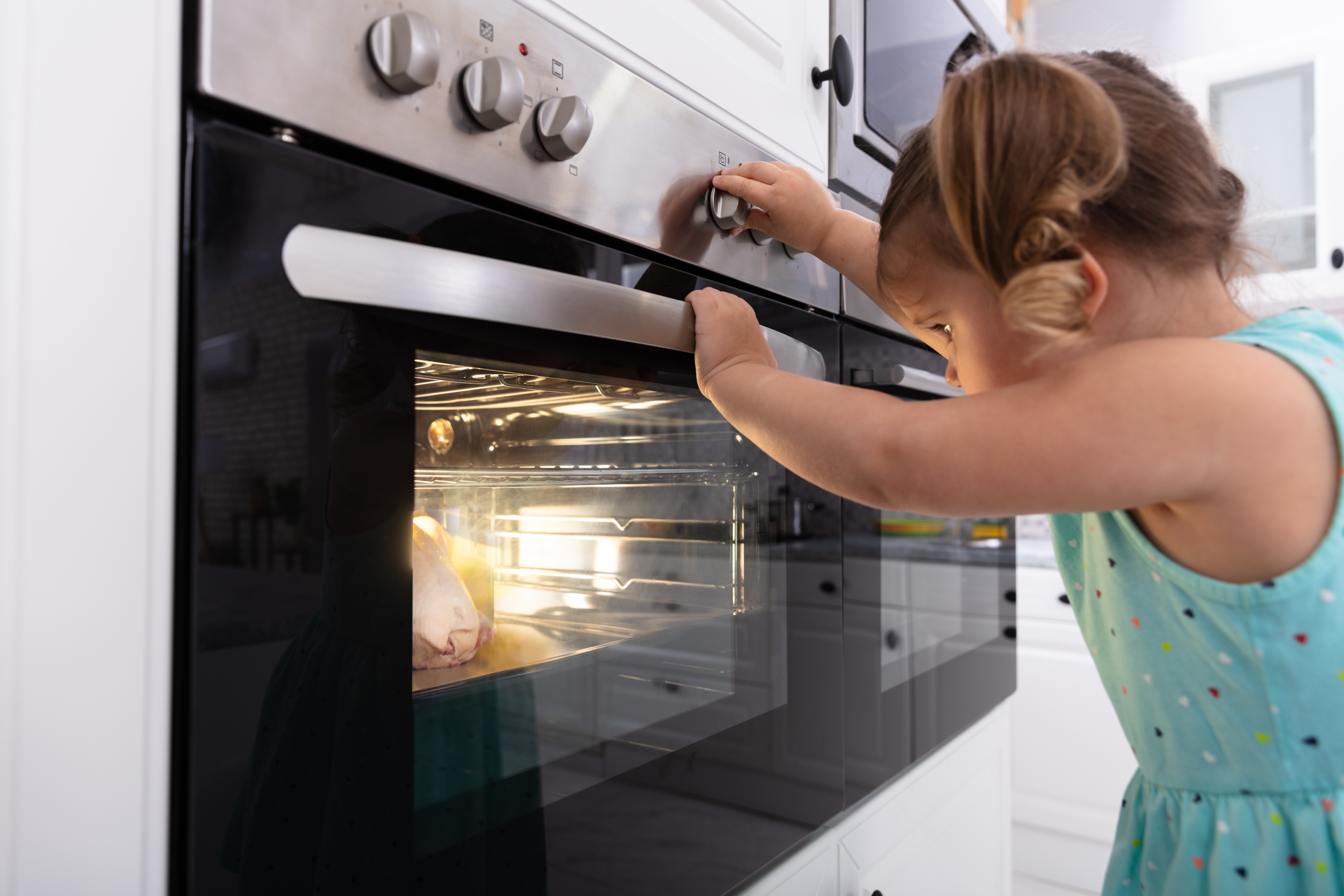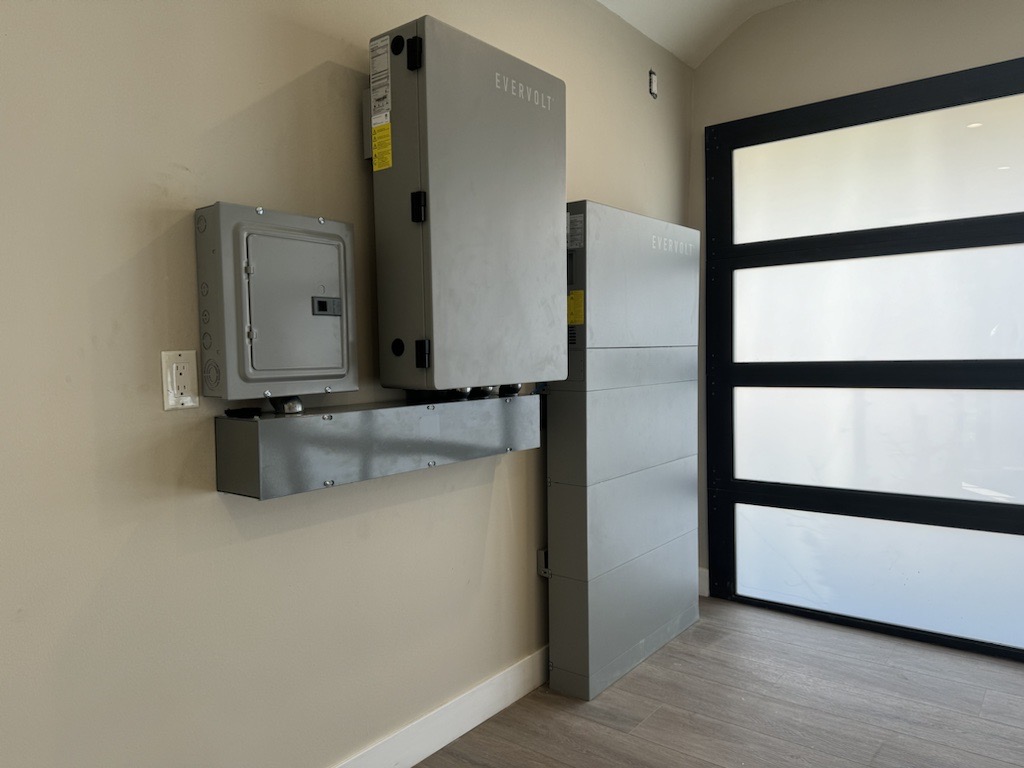 What items can be switched to electric?
Switching to all-electric appliances can sound daunting, but you don't have to do it all at once. Instead, take small steps by replacing appliances as they near the end of their life. Here are some of the main ones to switch out:
What items can be switched to electric?
Switching to all-electric appliances can sound daunting, but you don't have to do it all at once. Instead, take small steps by replacing appliances as they near the end of their life. Here are some of the main ones to switch out:
- Stove and oven: Switch your gas stovetop and oven for an induction model. A greener and safer alternative, an electric stove doesn’t hold onto heat after you turn it off.
- Heating and cooling: Replace a gas-burning furnace with a heat pump, which is an energy-efficient heating and cooling system. At least one-third of U.S. households could lower their energy bills with a heat pump. You might save even more if you qualify for the federal 30% tax credit.
- Water heater: Swapping your natural gas water heater for a solar electric water heater can lower your electric bills by as much as 50% to 80%. Given solar is free, you will also avoid utility price hikes.
- Dryer: Update a gas dryer for an electric model.
- Car: Replace your car with an electric vehicle to save emissions and money on gas. If you have a home battery, you can store grid electricity when it’s cheap and use it to charge your car when rates rise.
How does a home battery system work?
A home battery system stores electricity for you to use at a later time. They can be charged from the grid or, if you have them, from your solar panels. You'll save money because you'll be storing free solar power rather than paying for electricity from the grid. Let's look at why batteries can be beneficial for an all-electric home.
Photo courtesy of Panasonic Eco Systems and Solar Price Discovery
What are the benefits of adding a home battery system to your electrification project?
Save money
Home batteries give you control over when you draw energy from the grid. If you're on a TOU utility plan, you can store electricity when grid rates are low and use it when prices rise. That way, you'll avoid paying more than you have to.
Increase your energy independence and resilience
Power outages and supply disruptions are becoming more common due to aging grid infrastructure and increasingly frequent extreme weather events. Home battery systems provide a backup source of power to keep your main appliances running in an outage.
Optimize your solar power with a home battery
When paired with solar, batteries can reduce the amount of electricity you need to buy from your utility. How? Your battery can store surplus electricity from your solar panels for you to use another time. This stored electricity can come in handy in the evenings when the sun goes down and grid electricity prices rise.
Home batteries can help you avoid paying more than you need to for electricity by giving you the means to store power when it’s cheap and use it when prices rise. When you're ready to make the switch to a home battery storage solution, let Panasonic connect you with an authorized installer who will walk you through the process.




